Botanical Club of Wisconsin requests proposals for the 2025 John Thomson Research Award in support of student research on Wisconsin’s wild plants.
Graduate award = $2,500
Graduate students at any accredited university or college are eligible
How to apply: Send an electronic copy of your research proposal (see specifics below) by April 6th to:
Dr. Christopher D. Tyrrell
Milwaukee Public Museum
tyrrell@mpm.edu
Proposal must include:
1. A description of the proposed project, not to exceed five double-spaced pages, including:
Title
Project summary
Scientific merit
Specific objectives
Methodology and timeline
Budget, including line items
Literature cited
2. Applicant’s contact information (address, telephone, email), and advisor’s name.
3. Name(s) and contact information (address, telephone, email) of student’s advisor/major professor.
Requirements and Guidelines
1. The research project must advance the knowledge of taxonomy, ecology, or natural history of Wisconsin’s wild plants or fungi (including vascular plants, bryophytes, algae, fungi or lichens) by focusing on field investigation; select laboratory or experimental work related to natural history (e.g. DNA sequencing, pollination ecology, etc.) may also be eligible for funding.
2. Funds may be used for equipment, supplies, laboratory/analysis fees, or travel and lodging related to field work. Other reasonable expenses will be considered, but funds may not be used for wages or to cover registration fees, travel, or lodging to attend conferences.
3. Any work on State Natural Areas and/or threatened or endangered species requires a permit from the Bureau of Natural Heritage Conservation of the Wisconsin DNR and a copy of this must be included.
4. A written report must be provided to the Botanical Club of Wisconsin upon completion and a summary prepared for the club newsletter.
5. Potentially funded projects include taxonomic/systematic work, ecological studies, floristic inventories, etc. Invasive species removal and habitat restoration projects will not be funded.
6. BCW does not support institutional overhead.
Applications must be received by 11:59pm, Sunday, 6 April 2025
